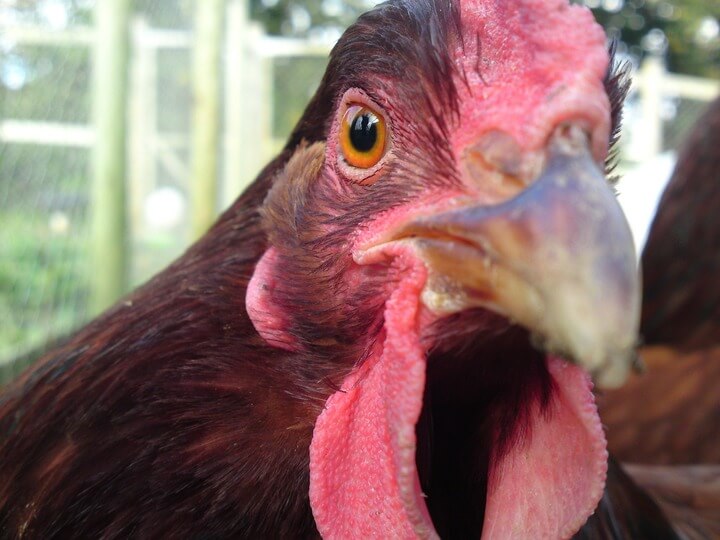Words Have the Power to Change the Lives of Humans and Animals Alike – We Should Let Them
As a writer, I have a fascination with and appreciation of the English language. It’s true that a picture is worth a thousand words – but equally true that a word is worth a thousand pictures. Words are powerful. Think about the weight behind simple phrases such as “I love you,” “I think we should just be friends,” “You got the job,” “Will you marry me?”, “Where do I sign?”, “I quit,” and “It’s a girl.” We can all remember times in our lives when a compliment from a boss had us on cloud nine, we were brought to tears when someone asked, “Are you OK?”, and a simple “I’m sorry” made all the difference.
Words change our lives.
They also help shape our ideas. A few years ago, did you know what “YOLO” meant? How about “twerk”? “Clickbait”? Now, those words and the ideas they represent are so readily accepted that they’ve been added to the Oxford English Dictionary.
Words have an impact not only on our ideas and emotions but also on the way we relate to the rest of the Earth’s inhabitants. That’s why it’s time for us to acknowledge another word, one that has been around for a long time yet is still largely unrecognised: speciesism. Speciesism is the belief that all other animals are inferior to humans and, thus, that we’re justified in exploiting them. And unfortunately, our language reflects speciesism, too.

Would you want to be called a pig, a whale, a chicken, a snake, a weasel, or a rat? Doubtful.
But people who have spent time around pigs often compare them to dogs because they’re so social, playful, and protective. Whales are some of the most majestic animals on the planet. Chickens’ personalities are as varied and distinct as those of humans. Royal pythons are easy-going, docile, and even sweet, while weasels are bold and clever. And rats are among the most empathetic of all animals – they often exhibit much more empathy than humans do. We describe a person who is out of control, aggressive, or violent as “acting like an animal”. But humans are the only ones who wage wars.
We often refer to an animal not as “she” or “he” but as “it”, the same word we assign to an unfeeling, inanimate object. Most versions of Microsoft Word quickly flag any attempt to refer to an animal using “who” rather than “which”” as a grammar error. Even people who have beloved animal companions may describe themselves as “owners”, implying that the animals are property – no different from bikes or video games.
Referring to and thus thinking of animals not as sentient beings who have families, personalities, and emotions but rather as inanimate objects enables humans to justify subjugating and using them in whatever way they see fit. It fuels the disconnect that allows people to declare themselves “animal lovers” even as they order chicken nuggets at a drive-through from the leather seats of their car on their way to the circus, wearing animal-tested cosmetics.
Speciesist language also allows us to trivialise cruelty to animals. Most of us would never support dogfighting, but many people use the phrase, “I don’t have a dog in that fight.” And, hopefully, we would never “flog a dead horse” (or a living one, for that matter) or try to “kill two birds with one stone”, but our language suggests otherwise.
As people have come to recognise the power of words, we’ve worked hard to eliminate hate speech and the prejudices that usually accompany it, including sexism, racism, and bigotry. It’s time that we recognised the devastating effects of speciesism on animals and worked to counteract these biases and the words that fuel them.



